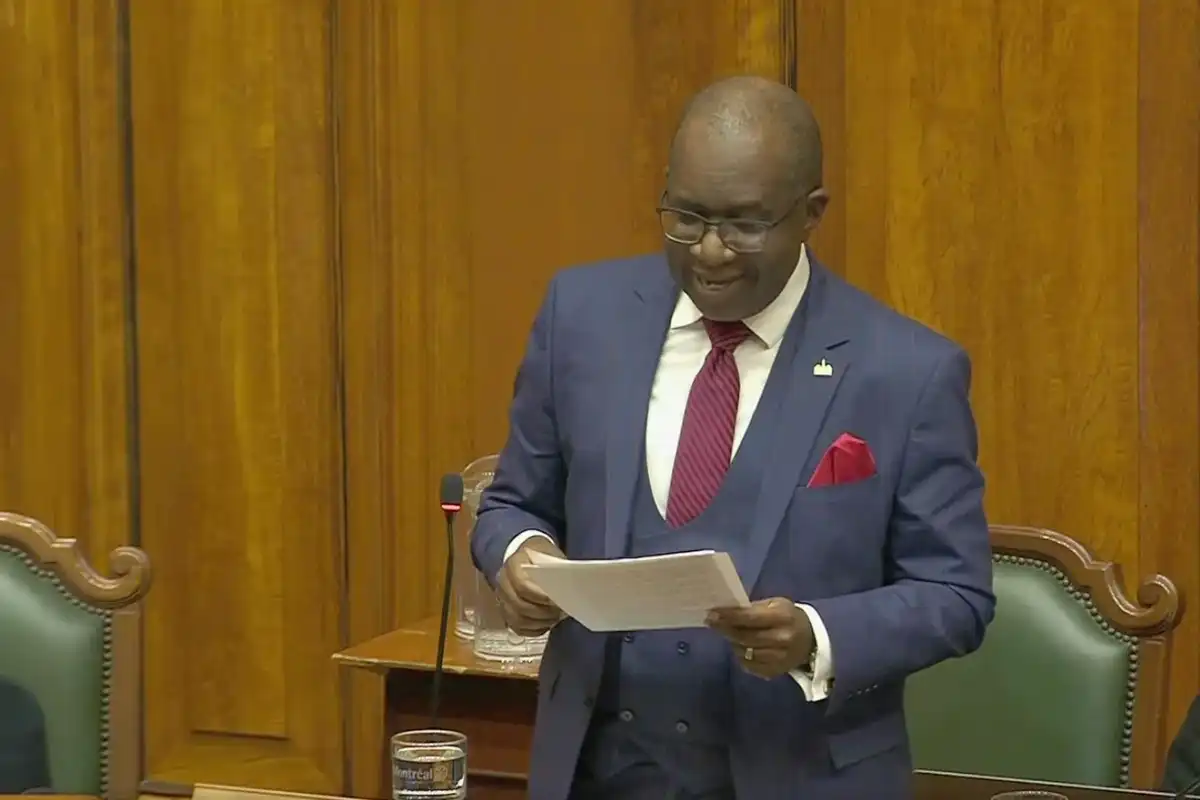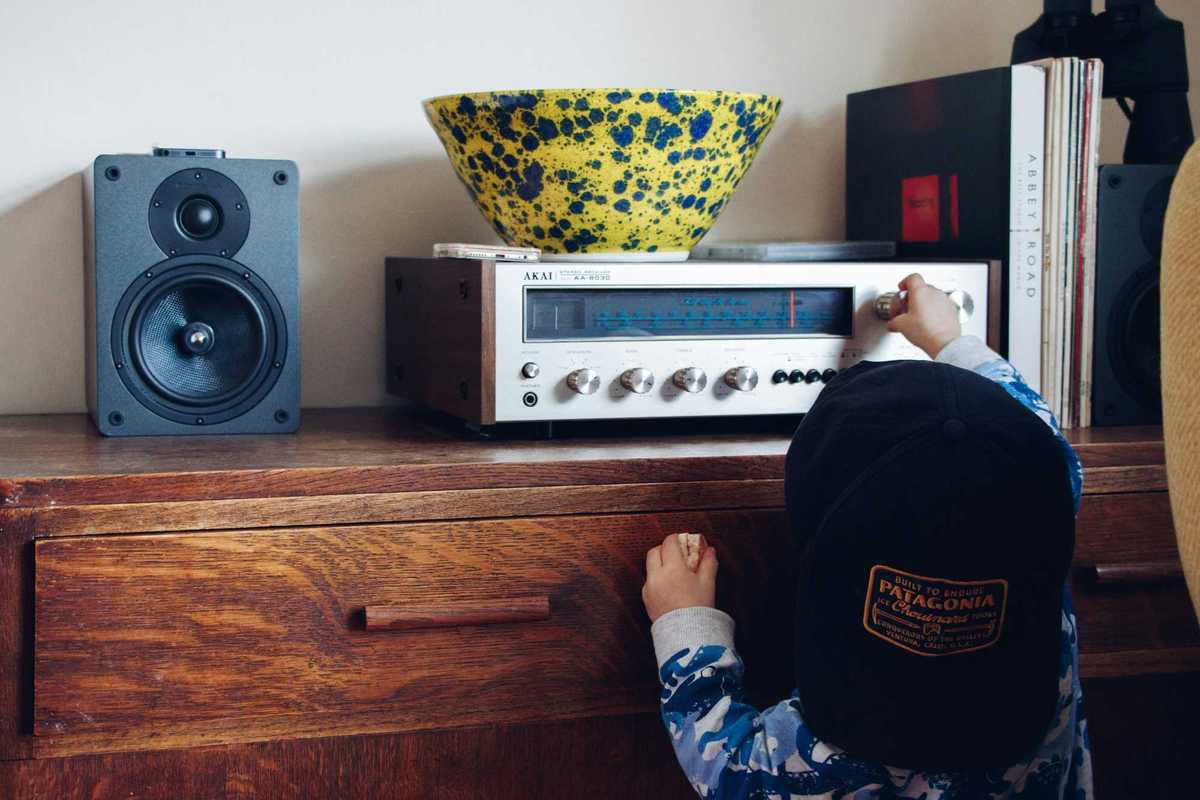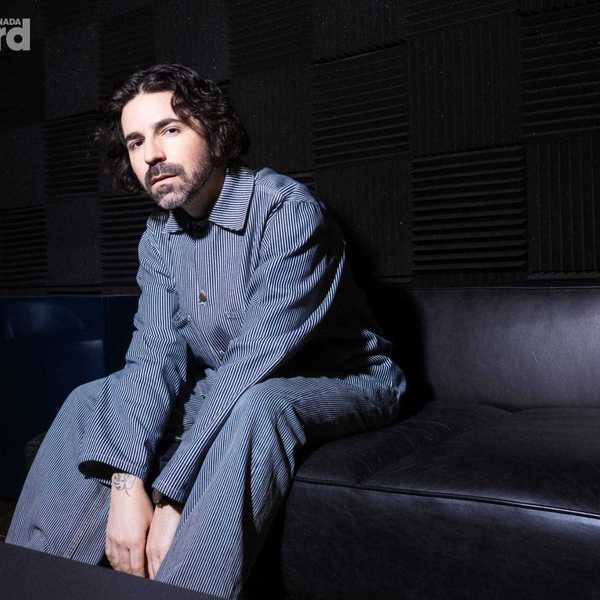Montreal Recognizes the Importance of Latin Music and Dance at City Council
City councillor Josué Corvil presented an official motion to support Latin music and recognize its importance to Montreal culture.

Josué Corvil
Latin music is one of the fastest-growing genres in Canada, and it’s making a major impact in Quebec – but it faces its own challenges. This week, Montreal took an important step in officially addressing its significance.
On Monday (Nov. 18)November 18th, Josué Corvil, City Councillor for the Saint-Michel-Parc-Extension district, presented a motion to the Montreal City Council recognizing the vital role of Latin music and dance in the city’s heritage and cultural vibrancy. This initiative, led in collaboration with Héritage Hispanique Québec and several community organizations, aims to highlight the diversity and energy that Latin rhythms bring to Montreal.
During his address to the council, Josué Corvil made a heartfelt address, educating the council on the rich history and uniqueness of each Latin musical genre. "Latin music is plural, encompassing diverse sounds and rhythms unique to various regions across the Caribbean and Latin America," Corvil explained. He elaborated on the distinctiveness of each genre, from the energetic beats of reggaeton to the lively rhythms of merengue and the passionate steps of bachata. "From Mexico to Central and South America, every area has cultivated its own distinct musical genres. And no matter the region or rhythm, the African influence remains a unifying thread in this music," he continued.
Corvil also reflected on Montreal’s thriving Latin music scene. "Montreal is a city where Latin music is evolving rapidly, and its impact is undeniable," he said in French.
He noted that Latin hits like "Bésame Mucho," "Despacito," and many others have become deeply ingrained in the cultural fabric, resonating with generations of listeners. Recent events, like Chayanne’s sold-out concert and the anticipated Ana Gabriel performances in Montreal, reflect the genre’s prominence in the city.
However, Corvil emphasized that challenges remain. While Latin music is now the second most popular musical genre in Canada after Punjabi music, it has yet to be formally recognized by platforms such as the Juno Awards.
A Motion for More Support in Montreal
A motion is a request made by a city councillor for a matter to be discussed and for a decision to be made at a council meeting. Corvil introduced this motion as a call for greater recognition and support of the Latin music community, seeking more help and resources for this rapidly growing cultural sector. By adopting the motion, he aims to bring increased attention and aid to the Latin community, ensuring that Latin music continues to thrive in Montreal.
In his speech, Corvil expressed his gratitude to Héritage Hispanique Québec, calling the organization pioneers of this motion. "My recognition goes to all the groups and artists who have supported this initiative. I salute everyone who enriches Montreal’s cultural life: artists, musicians, hosts, and managers. Let’s continue to take pride in our diversity and ensure Montreal remains a beacon of cultural excellence."
Héritage Hispanique Québec also shared a heartfelt message:
"On behalf of Héritage Hispanique Québec, Latin musicians in Montreal, and the entire Latin American community, we express our deep gratitude to Josué Corvil for presenting the Motion on Latin Music at the City Council. Your commitment to highlighting our culture and musical heritage reflects your understanding of the importance of cultural diversity to Montreal’s identity."
While the adoption of this motion marks significant progress, Corvil and Héritage Hispanique Québec both acknowledged the work ahead to dismantle barriers and provide more support for the genre. A recent national report commissioned by Speaking Non-English called for greater recognition of Latin music’s growth and the importance of addressing gaps in data and funding.
By officially recognizing Latin music and dance, Montreal could reaffirm its role as a cultural leader and celebrate the profound influence of Latin rhythms on its artistic identity. "Let yourself be soothed by the music and Latin dances," Corvil concluded in Spanish. "Muchas gracias a todos."
This article was originally published on Billboard Canada in French. Read that version here.

















